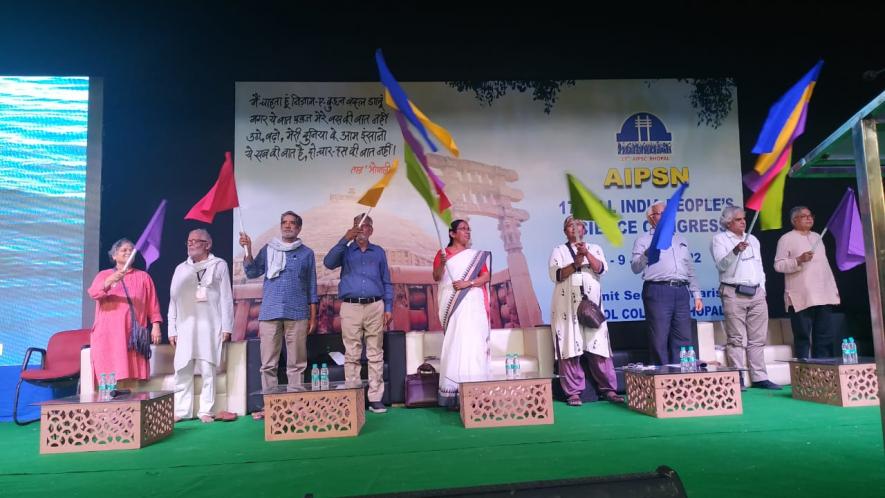All India Peoples' Science Network Raises Concerns Over National Research Foundation Bill 2023

Image Courtesy: Facebook
Delhi: AIPSN, a network of 40 People's Science Movements operating in 25 states, has expressed its opposition to the National Research Foundation (NRF) Bill 2023, urging the Union Government to send it to the Parliamentary Standing Committee on S&T, Environment, and Forests for a comprehensive assessment.
The NRF Bill 2023 aims to replace the Science and Engineering Board (SERB) Act of 2008 by establishing an entity that relies not only on public funding but also on contributions from corporates, philanthropic bodies, and international foundations.
AIPSN argues that such a funding structure can lead to centralisation and privatisation of research funding, with the Prime Minister acting as ex-officio President and the Union Ministers of S&T and Education as ex-officio Vice-Presidents, potentially controlling the directions of academic research across disciplines.
Asking for the government to re-examine the NRF Bill, AIPSN said, "Remit this Bill to the Department Related Parliamentary Standing Committee on S&T, Environment and Forests for a comprehensive assessment. The Committee should invite the development authorities, line departments of the union government and state governments and the representatives of organizations working with the scientific community to submit their views on the Bill."
One of the primary concerns AIPSN raises is the funding distribution, with only 28% of the proposed five-year allocation of Rs 50,000 crores for R&D through the NRF coming from the government. The private sector will finance the remaining 72% through a yet-to-be-identified process. Additionally, the organisation said that the proposed funding structure seeks to establish a more robust intellectual property mechanism, similar to the Bayh-Dole Act, which may not align with the interests of academic institutions.
India's spending on research and development (R&D) has been low compared to other countries, with only 0.65% of the GDP allocated for R&D in 2022. This figure is well below the world average of 1.8% and far behind developed nations like the United States (2.9%), China (2.2%), and Israel (4.9%). The statement said that the decline in R&D expenditure had been a persistent issue, with public funding for R&D dropping from 0.8% at the start of the 2000s to 0.65%.
The lack of engagement in active research by higher education institutions is another concern highlighted by AIPSN. Out of nearly 40,000 higher education institutions in India, only 1% are actively involved in research. To address this, AIPSN emphasises the need to strengthen state universities by recruiting more qualified teachers and researchers for permanent posts.
AIPSN believes that the NRF may not effectively address the structural barriers to academic research and societal applications due to its centralisation of decision-making and lack of academic oversight. The organisation argues that the NRF should involve academics from across the country, state higher education councils, and ministries of the Union Government to ensure decentralised decision-making, enabling the harnessing of multiple sources of initiatives.
Adequate investment in R&D is crucial for India to become self-reliant in technology and a global technology leader. AIPSN highlights that a robust indigenous R&D environment is essential for attracting domestic and overseas investment, enabling the country to excel in cutting-edge technologies and promoting overall socio-economic development.
The NRF Bill 2023 has also sparked discussions on the challenges faced by the Indian scientific community. AIPSN's call for open scrutiny by the scientific community focuses on the outcome that the final legislation promotes research and innovation while addressing the nation's specific needs and goals.
Get the latest reports & analysis with people's perspective on Protests, movements & deep analytical videos, discussions of the current affairs in your Telegram app. Subscribe to NewsClick's Telegram channel & get Real-Time updates on stories, as they get published on our website.














